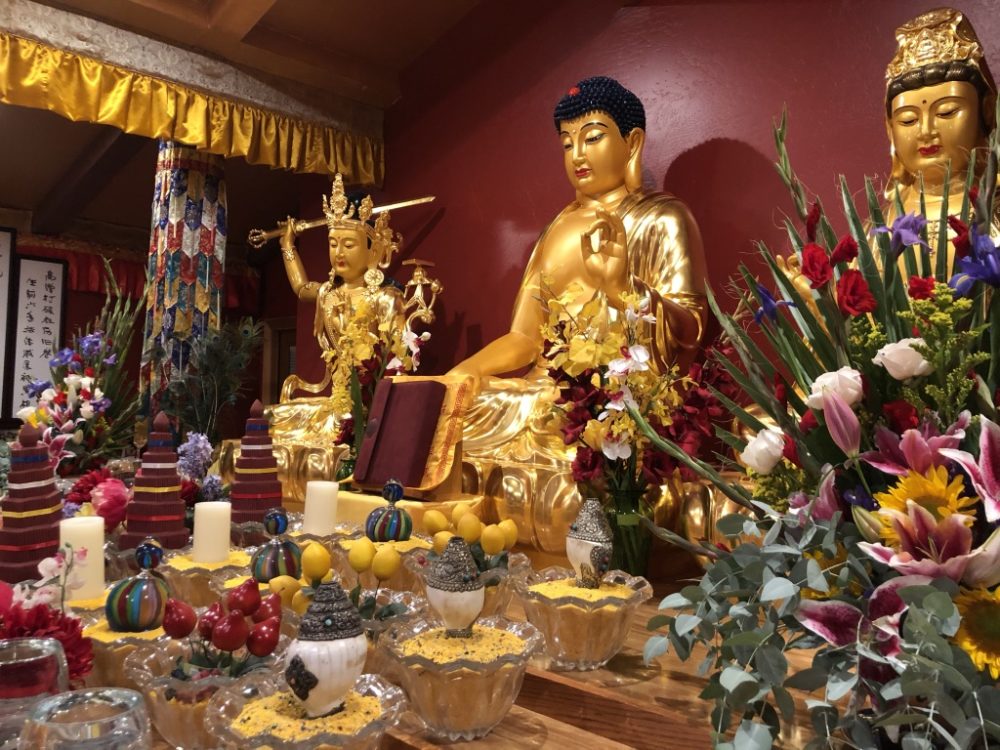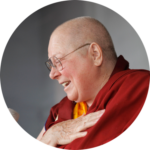
The first class held on April 5, 2020 introduced several essential concepts and principles to understanding cultivation: what it is, why it is important, and what are the fruits or benefits of each of the eight fundamental right views held in each step of proper cultivation.
The class also discussed the fact that of the three aspects of Buddhism that we have in the world today, namely popular Buddhism, Buddhist studies, and Buddha-dharma, cultivation focused on the latter, while most of what we see and know about Buddhism deals with the first two. Popular Buddhism is about the life and culture of Buddhism and the Buddha, while Buddhist studies deals with the more scholarly or theoretic aspects of Buddhism. Buddha-dharma, in the context of this class, pertains to the holy teachings and methods of practice imparted by the Buddha to enable us to become enlightened and ultimately become Buddhas ourselves. It is the application of the principles learned from the Buddha in our daily lives and how we treat each other and all living beings. We will learn a more specific definition of the term when we study the text Learning From Buddha.
WHAT IS CULTIVATION?: In essence it is increasing your good karma and avoiding additional bad karma; planting good causes and reaping good effects while you avoid the increase of bad karmic conditions and avoiding negative karmic retribution; building a retaining wall of good karma; and leaving the cycle of reincarnation. You could say it is how to manage your karma.
WHY IS CULTIVATION SO IMPORTANT?: It is difficult to incarnate as a human being and in this “Dharma-Ending Age” we live in, it is very difficult to have the opportunity to learn true Buddha-dharma that will enable you to obtain good fortune and end the cycle of reincarnation.
Click the videos below for part of the class discussion on reincarnation:
WHAT ARE THE FRUITS OR RESULTS OF EACH OF THE EIGHT FUNDAMENTAL RIGHT VIEWS?:
1.The “Mind of Impermanence” creates the motivation for cultivation.
2.The “Mind of Firm Belief” give us determination and steadfastness.
3.The “Mind of Renunciation” provides the basis for liberation.
4.The “Mind of True Vows” forces us to correct action.
5.The Mind of Diligence” causes us to succeed and advance persistently.
6.“Keeping of Precepts” gives us the proper or correct direction to cultivate correctly.
7.“Dhyana and samadhi “ or concentrating the mind in meditation gives us insight and true wisdom.
8.“Bodhicitta” is what enables us to become Bodhisattvas and ultimately Buddhas.
We took a poll to check on how well we understood what we heard from this text on the above points plus one other question: “Is eliminating evil, doing good, avoiding selfishness, and benefiting others true Buddhism? ” Many of the students understood that this was not correct because although this is an important aspect of Buddhism, other religions do this as well. However, it is not all we rely on. We rely on the Buddha and use our three karmas of action, speech, and mind to emulate everything about the Buddha and thus become holy beings ourselves. That is true Buddhism.
The class will continue next Sunday, April 12 with a discussion on the various aspects of bodhicitta and how to develop and practice bodhicitta with an introduction to two dharmas: “The Great Compassion for my Mother Bodhicitta” and “The Bodhisattva Correspondence Bodhicitta.” A third class will be offered to finish our study of The Dharma of Cultivation Transmitted by H.H. Dorje Chang Buddha III that will focus on implementation and actual practice of this dharma.
CLICK to register for class. You will receive receive link to enable you to join the class.


Add comment